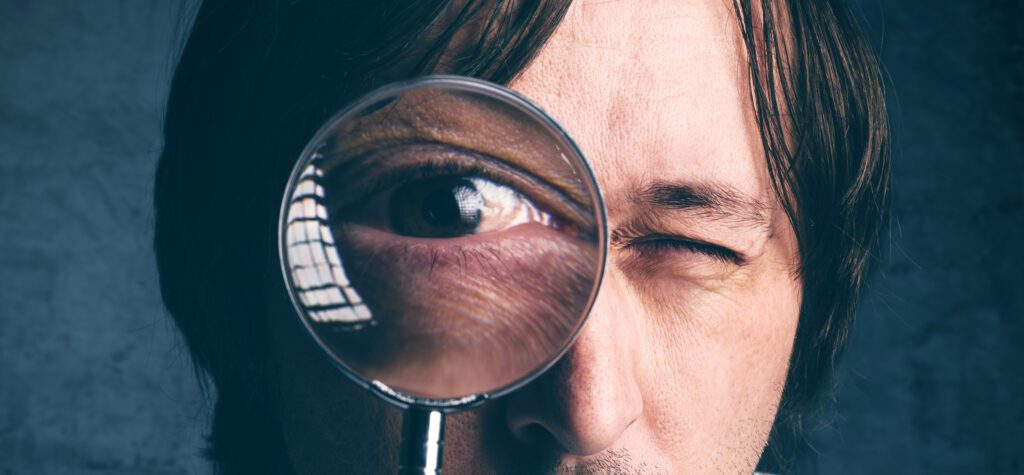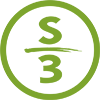Do Not Disturb…Your Creativity: an NJ Ad Agency’s recipe for greater productivity
At one very busy New Jersey Creative Agency, you’ll find Do Not Disturb signs hanging from people’s doors, computers, possibly even their faces. See how it’s helped boost creativity and productivity for The S3 Agency.
(Note: Article originally appeared on NBC.com: https://www.nbcnews.com/business/your-business/hotel-industry-practice-could-boost-your-productivity-n849711)
This hotel industry practice could boost your productivity
by DENISE BLASEVICK, CEO, THE S3 AGENCY
Non-work-related communication fosters great relationships, and that leads to more happiness.
So if longer employee retention and improved customer service are important to your business, it’s time to cultivate that communication.

https://www.msnbc.com/your-business/watch/top-tips-be-helpful-create-a-talk-space-1163194435751)
An NJ Creative Agency’s way to cultivate better communication at work
Whether you’re in a modern open floor plan environment or a traditional cubicle farm, even normal conversation can become disruptive. However, rather than hushing people for chatting or resigning yourself to quietly deal with the distraction of others talking, make a different statement. One that encourages talking the right way.
Create “Dedicated Talk Spaces” that allow conversations to flow without flowing into the earshot of others.
As the CEO of The S3 Agency, a New Jersey Creative Agency, I need my team to collaborate to develop and execute the attention-getting concepts for which we are known.
Even advertising agencies need down time
Once the brainstorms are done, however, everyone needs to get their individual pieces of the creative puzzle done as effectively and efficiently as possible. Of course, internal communication needs arise along the way. And it’s so tempting to just pop by someone’s desk to get a quick answer. The problem is that a one-minute conversation often turns into 15 minutes of banter. While that’s healthy for the relationship, it’s unhealthy for those nearby who are trying to concentrate on their tasks at hand.
Last year we created Dedicated Talk Spaces at The S3 Agency. These are areas where people can speak without being inadvertently overheard by others. The Dedicated Talk Space rule is simple: if you are going to have a conversation that will last beyond five minutes, it must be taken to the Talk Space.
How dedicated talk spaces help productivity
- Eliminates Bystander Loss of Productivity: By removing the conversation from open floorplan and common areas, only those directly involved in the conversation are affected. That instantly reverses potential disruption for others.
- Creates Conscious Conversation: When people ask others to physically move to a non-work area for a conversation, the request brings greater awareness to the conversation at hand. In a dedicated Talk Space, both parties focus on the conversation — instead of multitasking while clicking away at their keyboard. The space is dedicated to the conversation at hand, and that helps the parties be dedicated to that topic well.
- Minimizes Verbal Bleed: While it’s perfectly natural for people to chit-chat before or after a targeted discussion, small talk without limits can have big negative effects on productivity and morale. When someone asks a team member to move to a Dedicated Talk Space — and away from his or her work area — it means the work that was planned for that time period cannot actually get done. This imbues the Dedicated Talk Spaces with respect that results in efficiency vs. ongoing chatter.
You don’t need to go crazy constructing new rooms or structures. Dedicated Talk Spaces can be unused offices, conference rooms, a break room, or even a closet (in a pinch). They should be conducive to privacy, but not to hanging out. That sends the opposite message.
Create “Do Not Disturb” signs
Dedicated Talk Spaces are ideal for conversations that extend beyond five minutes, but what about the quick pop-by desk visit? Whether it’s for a business question, a catch-up or a quick joke, a 30-second distraction can derail a train of thought. That can mean longer hours, missed deadlines, or both. But how can people know when you are in a state of deep concentration vs. in normal work mode?
Taking a cue from the hotel industry, we created our own “Do Not Disturb” tags. If one of our team members has their Do Not Disturb tag hanging on their door, desk or computer, others know to steer clear. This visual signal has really helped our New Jersey Creative Agency employees respect each other’s needs for privacy and upped our productivity. It has also mitigated the discomfort many people felt in telling others that they had no time to chat at the moment.
Implementation is easy. As part of our onboarding process, each new employee receives their own DND tag and a dry-erase marker. The tags say “Do Not Disturb (unless you are _______________.) People can use the dry-erase marker to fill in the blank with acceptable “overrides.” These can include fun things like “bringing chocolate” or business-related situations like “having a client crisis.”
Do Not Disturb… yourself
We have had no problem respecting each other’s Do Not Disturb tags. However, learning how to not disturb ourselves has been the toughest productivity trick to master. With never-ending to-do lists, onslaughts of email, and the rabbit hole of social media, focusing during a “Do Not Disturb” session can prove difficult.
Three ways our NJ Creative Agency keeps focus
It is essential to use this time wisely, which means laying down some self-imposed restrictions:
- Write it Down: Before hanging that Do Not Disturb sign, clearly articulate in written form how long your DND session will be — and what you will accomplish during it.
- Disregard Any Non-Emergencies: While others are refraining from disturbing you with questions, meetings, etc., it’s up to you to extend the same courtesy to yourself. To that end, stop yourself from doing anything (barring a true emergency) that is not written in your stated goal. Period. It will all still be waiting for you when you take down your Do Not Disturb sign. But at least you will be able to cross something specific off of your list!
- Turn it Off: Email. Text messages. Social media. Your cell phone. Your work phone (take it off the hook!). The less distracted you are, the more productive you will be. And the better quality you will produce, because you really can’t do more than one thing at a time. Multi-tasking simply means dividing your concentration (even if it is at a really high rate of speed) between two or more tasks. That means you are giving your less-than-best effort to two things at once instead of focusing on each individually. Focus on the task at hand. You’ll finish it quicker, and you’ll also feel a sense of accomplishment. That’s far better than seeing who liked your latest Instagram post.
I recommend Do Not Disturb periods last no longer than an hour at a time. After that, the effectiveness begins to wane.
Stop talking and do something
Ultimately, employees are never going to stop talking. That’s a good thing whether you’re a New Jersey Creative Agency or part of the Fortune 500. So stop talking about how to get people to stop talking. Instead, start finding a way to help them become more productive. Dedicated Talk Spaces and Do Not Disturb Signs are low- or no-cost solutions. Rolling them out today can help everyone on your team communicate better immediately.




